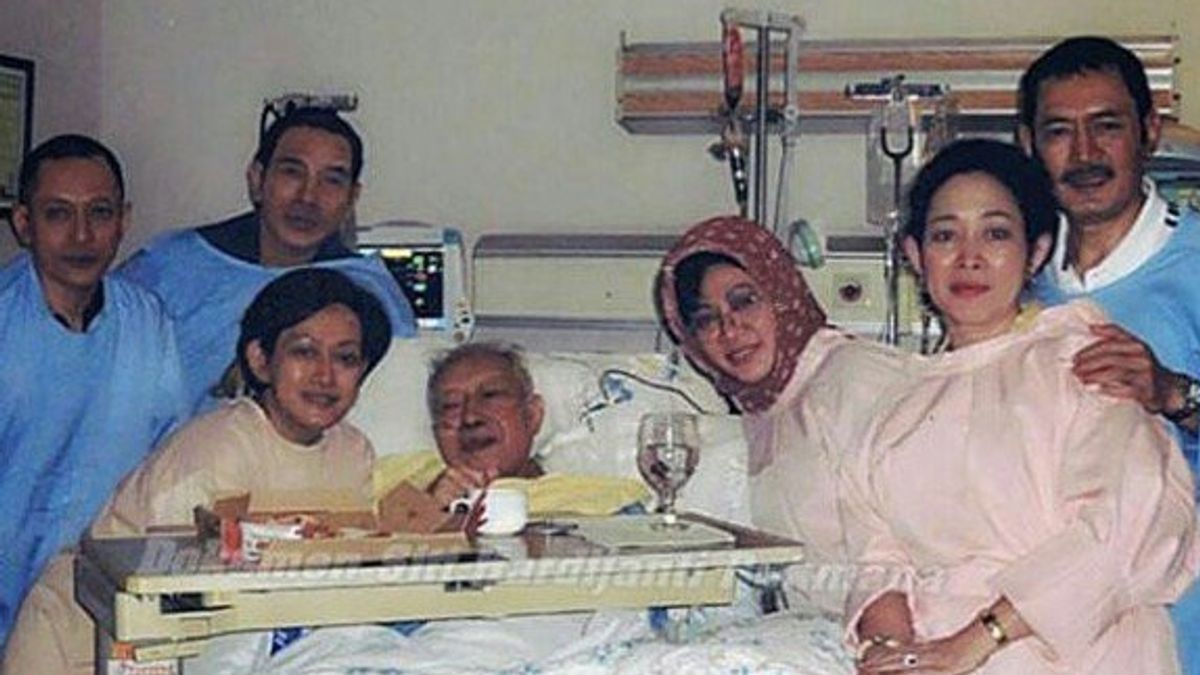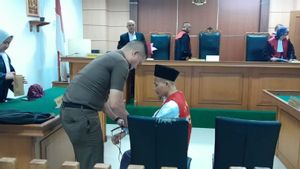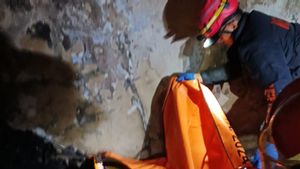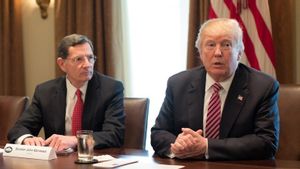JAKARTA History today, 23 years ago, February 14, 2000, former President Suharto did not fulfill the summons of the Attorney General's Office (AGO) regarding the issue of corruption. Suharto reportedly was seriously ill. He had difficulty communicating verbally.
Previously, Gus Dur's government considered Suharto to have perpetuated corruption in the past. Suharto's wealth was also investigated. Even though the owner of the power gave the option to forgive Suharto. All of this was as long as Suharto wanted to return the funds that were corrupted.
There were no two practices of corruption, collusion and Nepotism (KKN) during the New Order rule. Suharto's leadership is behind it. He is able to control everything. Moreover, he made the military his powerful tool.
No official has the courage to oppose him. Political ambitions were also obtained. Then, Suharto began to shift to other ambitions: wealth. Suharto began to give space to his family Cendena family-- to build a business. The business is mostly from government strategic projects.
President Soeharto's authority to take advantage of his influence only ended when he stepped down in 1998. Other KKN issues surfaced. Suharto was accused of embezzling large amounts of state money.
Suharto allegedly perpetuated the KKN by establishing a special foundation to collect donations. This option made the foundation get a large injection of funds. Even the money was used for Suharto's benefit. The Abdurrahman Wahid (Gus Dur) government took a stand. The 4th Indonesian president asked Suharto's wealth to be investigated immediately.
On November 1, 1999, Gus Dur asked Attorney General Marzuki Darusman to reopen the Suharto case. Marzuki followed up on Gus Dur's request by issuing a letter to revoke the SP3 of the Suharto case on December 6, 1999, so that the investigation was continued with Suharto's focus as chairman of seven foundations, namely Dharmais, Supersemar, Dakab, Gotong Royong, Amal Bhakti Muslim Pancasila, Trikora, and the Prosperous Fund Mandiri.
Although on various occasions Gus Dur expressed his desire to give forgiveness to Suharto as long as he handed it over to the state, some of the assets allegedly the proceeds of the KKN. The indictment is said to be only related to management and foundations, resulting in state losses of 1.4 trillion rupiah and 419 million USD," said Virdika Rizky Utama in the book Menjerat Gus Dur (2020).
The investigation related to the corruption case of former President Suharto never got a breath of fresh air. All because since Suharto stepped down he was often sick. He had a minor stroke. However, Gus Dur's government continues to carry out its investigation. This is because the state money that wants to be saved is quite large.
The AGO also summoned former President Suharto on February 14, 2000. However, Suharto did not come. Suharto came from illness. The 32-year-old general who ruled Indonesia was reportedly having difficulty communicating verbally.
The power of attorney did not remain silent. As an anticipatory step while ensuring Suharto's health, the AGO formed a team of doctors. Everything is to ensure Suharto can be accommodated in excellent condition.
Suharto did not fulfill the summons of the Attorney General on February 14, 2000, citing illness. Then Suharto's health was examined by a team of doctors as many as 23 doctors from being formed by the Attorney General's Office," explained Adnan Buyung Nasution in the book Suspension Without Stopping Volume 3 (2004).
The English, Chinese, Japanese, Arabic, and French versions are automatically generated by the AI. So there may still be inaccuracies in translating, please always see Indonesian as our main language. (system supported by DigitalSiber.id)









